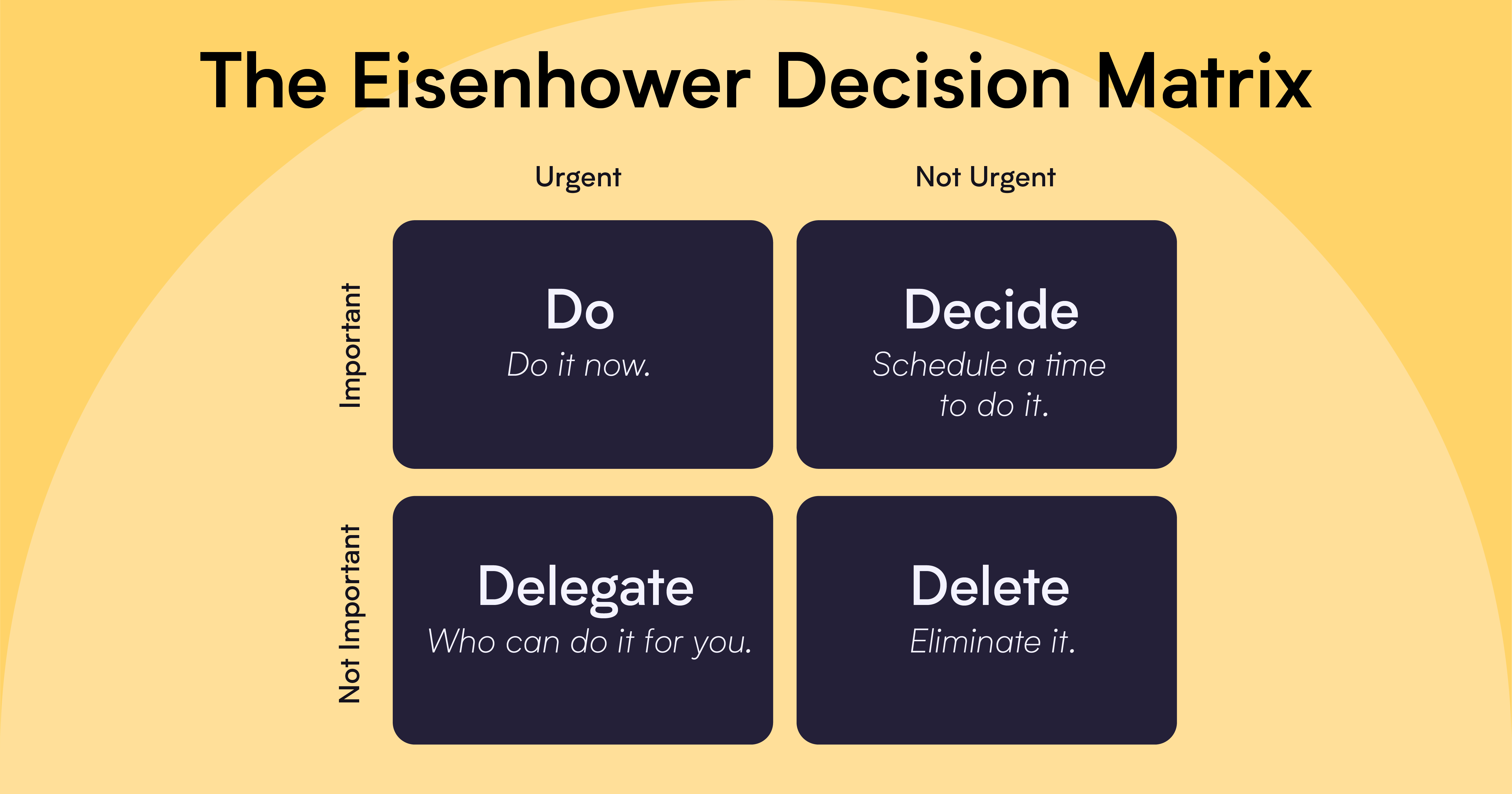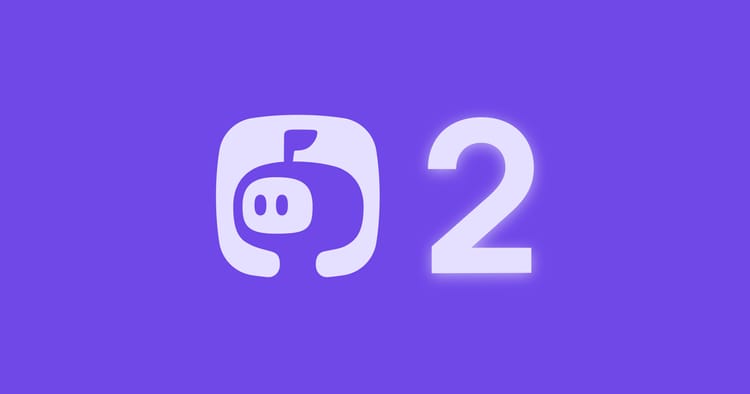5 tips to do deep work

Cal Newport, who coined the term deep work, writes, “Deep work is the ability to concentrate deeply on a difficult task for prolonged periods without getting distracted.”
It helps you to produce quality work (you can’t do that while working for 5-minutes), get things done fast, boosts your creativity, and promotes work satisfaction.

Here are the 5 tips to do deep work:
1. Schedule time for deep work
You should be intentional about doing deep work. That starts with blocking your time for it.
Plan for when and how long you’ll do it. One easy way is to analyze your productivity cycles—see when you’re the most productive and block that time slot for deep work. For example, if you’re at peak energy levels during the mornings, do the tasks during that time. But, if you’re at your highest productivity level at night, schedule your tasks accordingly.
Ensure you know the to-do tasks you’ll do during the blocked time one day before. Prioritize only 3-4 tasks (for a day), rank them on priority levels, and start the day with the highest priority tasks.
2. Examine what tasks you shouldn’t do
You must only do those tasks that require creativity and help you achieve your goals. Follow the Eisenhower matrix to know what you should do and shouldn’t.
The Eisenhower Matrix is a 2*2 decision-making tool that helps you distinguish between urgent and important tasks.

Remember:
a) Urgent tasks are those tasks that require immediate attention. You’ve to complete these tasks now - no matter what. For example, project submission, taking meetings, or attending clients. You can’t schedule them for tomorrow.
b) Important tasks contribute to your long-term mission and values. These tasks require planning and sometimes don’t give immediate results. But avoiding them will distance you from your life goals. Examples include exercising, planning your company’s strategy, or meeting your parents and friends.
‘Important’ is subjective here. It depends on your values and what you want to achieve. No one can define what’s important to you.
Quadrant 1: Important and urgent
These tasks are time-sensitive and demand immediate action. You can’t delay them further and have to do them NOW. Some examples: Last-minute deadline project or briefing your clients
Quadrant 2: Important but not urgent
These tasks fall in the ‘decide’ bucket. They don’t come with the ‘urgent’ label but will compound your long-term goals in your life. For example, learning a new skill, exercising, or attending a family gathering.
Be aware of these tasks. Because they may not seem urgent, it’s tempting to put them off. Don’t. Schedule these tasks in a way that you find time to do them.
Quadrant 3: Not important and urgent
These tasks give you the illusion of being busy but actually drain your time and energy. But, because they are urgent, you can’t avoid them. Either delegate or automate these tasks.
Examples include meetings (that someone else can conduct), constant email notifications, or scheduling interviews.
Quadrant 4: Not important and not urgent
These tasks suck your time without contributing anything to your goals. They are time-wasting activities and productivity killers. Examples include mindless social media scrolling, watching TV for hours, or engaging in pointless discussions.
Be ruthless in eliminating Quadrant 4 tasks. No leniency.
3. Keep distractions away
How much time you block for deep work, you won’t be productive if you surround yourself with constant distractions: emails, meetings, family members passing by (when WFH), social media, internet surfing, and more.
So, block distractions.

Here are a few ways to get started:
a) When working from home, choose a place where there’s no noise and zero family distractions (tell them your work time and that they should not distract you during those hours). It should also be clean and organized and only has a table, desk, and other work essentials (water bottle, files, etc.)
b) Inform your colleagues about your blocked time and schedule/accept meetings outside that time slot.
c) Use Mailman to receive emails outside your deep work time—so you’re not distracted by constant email notifications.
d) Use Freedom to block distracting social media, apps, and other websites.
e) Mute or (best) log off your phone.
4. Assess how you’re doing
Inspect every day/week whether you complete your tasks/achieve your goals or not. If yes, awesome. Double down on the practices that are working for you.
But, if not, analyze why, solve those issues, and ensure you do them next onwards.
5. Take breaks
Deep work is as much about rest as it’s about work. If you squeeze every second of your schedule, you’ll exhaust yourself and experience burnout and health issues. You won’t be creative, do mediocre work, and get distracted easily.
So, ensure you take breaks and rest (and don’t feel guilty about it).

Do whatever activity that helps you recharge yourself. It could be reading a book, walking, chatting with friends/family, or playing games.
Remember, rest is a part of your work, not apart from it.





